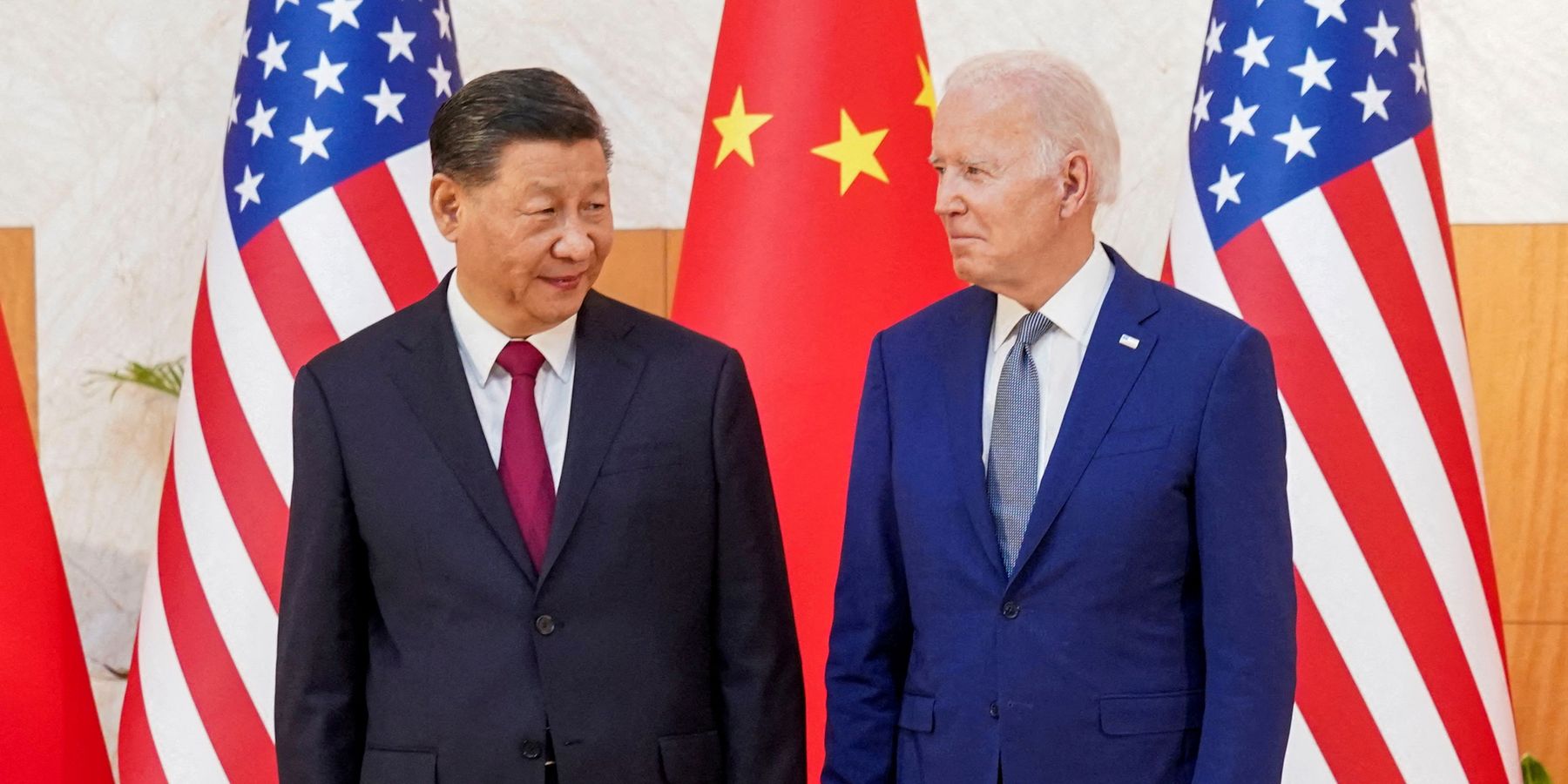U.S. President Joe Biden and Chinese President Xi Jinping had a phone conversation on Tuesday, the first time the two leaders have spoken since their in-person meeting in November.
As has happened following previous conversations, there is a considerable difference between the Chinese and U.S. readouts of the conversation. While both sides stressed the importance of maintaining open lines of communication, the official White House readout as usual placed a high stress on cautioning China against a variety of actions while saying virtually nothing about the clear need to undertake constructive actions to address common problems, such as those regarding climate change and pandemics.
Equally important, as in past such readouts on conversations held between U.S. and Chinese officials, Beijing listed a set of assurances that Biden has supposedly made several times to Xi regarding Taiwan, U.S. alliances, and other critical security issues. And yet the U.S. side, as in the past, again failed to mention such assurances in its official readout of the conversation.
Why is it that Washington will not confirm, clearly and unambiguously, that Biden either has or has not made all such assurances to the Chinese side? Various lower-level officials have at times made some of these assurances. But to my knowledge no U.S. official has made all of them. And Biden has not personally confirmed that he has made all such assurances.
The failure to clear up this apparent disparity in messaging on these crucial issues could eventually produce Chinese expectations and perhaps even pressure on the U.S. that Washington pushes back against, thus creating a crisis in relations. Washington needs to do more to build constructive relations with Beijing on both sides' vital interests, and clarify its stance regarding Biden’s supposed assurances. This is particularly necessary with regard to the administration’s policies regarding Taiwan. See my recent brief on what the White House needs to say and what Beijing needs to do on that critical issue.
















